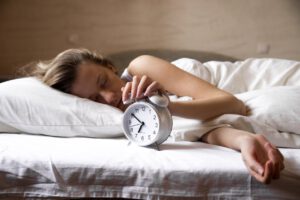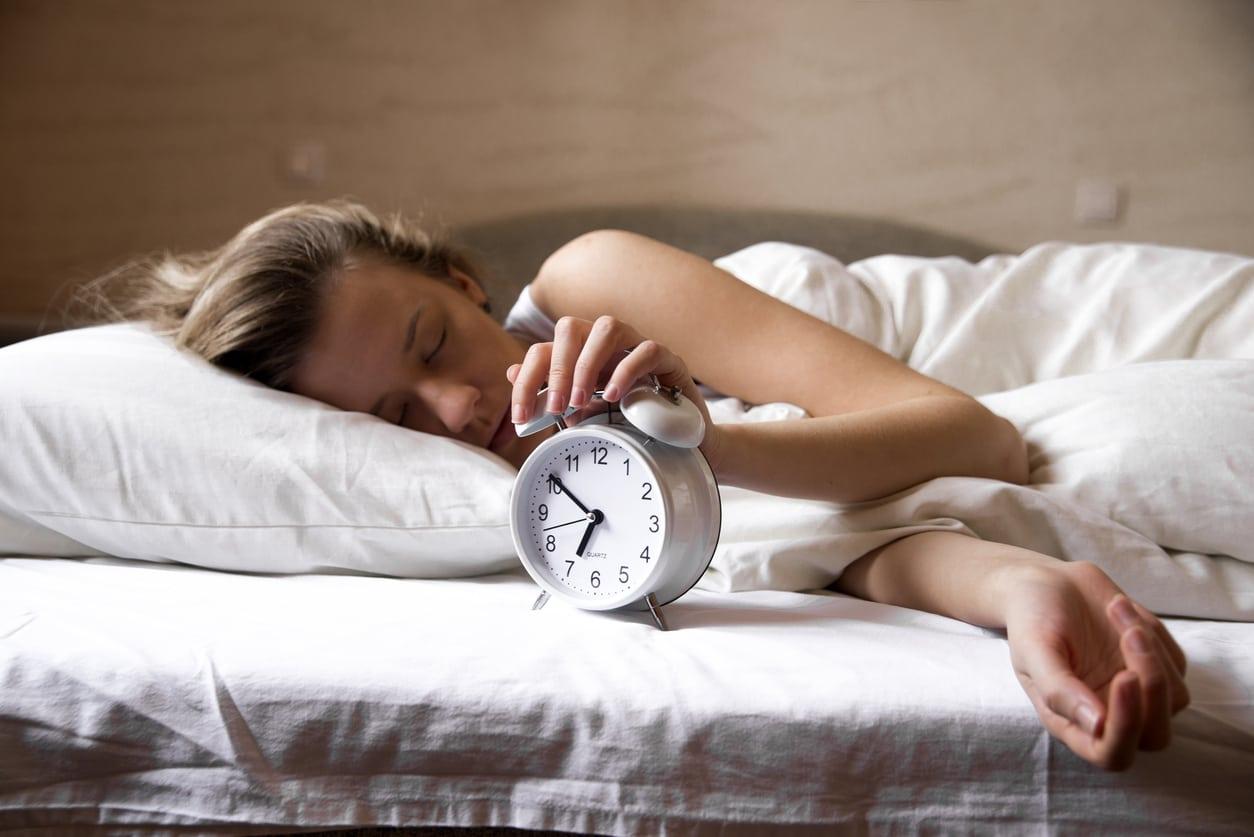Whether we want to be or not, we’re all on a clock — a biological one that ticks off a 24 hour day and regulates our waking and sleep cycle.
With a nod to the importance of our inner Timex, the Nobel Committee recognized this week the pioneering work of a trio of American scientists — Jeffrey C. Hall, Michael Rosbash, and Michael W. Young — that first uncovered the genetic basis of that circadian rhythm.
Studying sleep cycles in fruit flies, the three researchers led teams that identified the key genes that regulate the level of specific proteins that control our active hours and sleep cycles.
“(They) were able to peek inside our biological clock and elucidate its inner workings,” said Thomas Perlmann, the secretary of the Nobel Committee for Physiology or Medicine. “Their discoveries explain how plants, animals, and humans adapt their biological rhythm so that it is synchronized with the Earth’s revolutions.”
The importance of sleep in health is well established, but researchers are still building on the breakthroughs from Hall, Rosbash and Young to learn more.
A few years ago, 23andMe researchers completed a genome wide association study that uncovered 15 genetic variants associated with being a morning person. Some of the variants were in newly associated genes, but others were in genes with well-established influence on circadian rhythms, such as PER2. This PER (or “period”) gene was originally identified in the Nobel winners’ work. Despite fruit flies not looking like our closest cousins, circadian rhythm is such an essential trait for living things that basic research in model organisms helps us learn more about human health. (The workhorse, as it were, of genetic research is a small fruit fly called the drosophila, which is also happens to be the name of one of the meeting rooms at 23andMe HQ.)
Beyond the genetic associations with sleep cycles, our genes also influence how deeply we sleep and whether or not we fidget the night away.
23andMe has two reports, looking at how variants in two genes— BTBD9 and ADA — may influence your ability to drift off into a deep sleep, and how likely you are to move about while you slumber. If you’re a customer you can see your Deep Sleep report here, and your report on Sleep Movement here.
No matter if you are an early riser or a night owl, a deep sleeper or a restless one, the right amount of sleep is important for your health.




